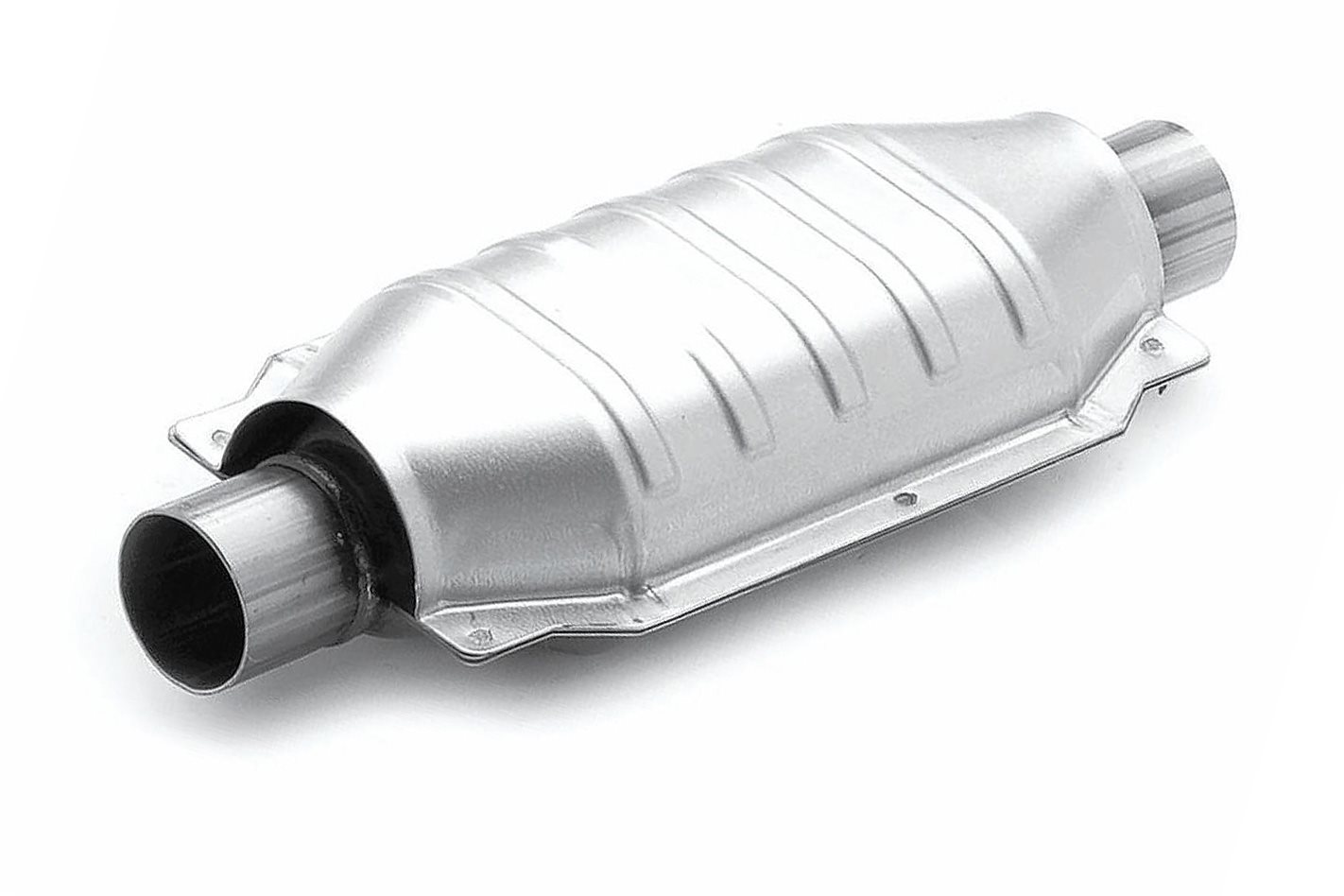Thieves targeting “cats” – catalytic converters – have been leaving car owners hundreds of pounds out of pocket at a time.
Sussex Police said that there had been almost 300 cat thefts this year – a big rise – costing drivers more than a quarter of a million pounds between them.
And last month the insurance company Admiral said that four models in particular had been targeted by thieves – the Honda Jazz, Lexus RX, Toyota Auris and Toyota Prius.
All four are hybrid cars which have catalytic converters containing a higher concentration of precious metals as well as being generally less corroded.
In Brighton and Hove, the latest full-year figures from Sussex Police recorded two cat thefts in in 2017-18 and 11 the next year.
The figure more than doubled to 25 in the most recent year – 2019-20 – with reports suggesting a marked rise since the first national coronavirus lockdown.
Sussex Police said: “Police are urging motorists to be vigilant following a sharp rise in the theft of catalytic converters.
“A total of 288 incidents have been reported in Sussex so far this year – an increase of 89 per cent from 2019 – with a combined total loss to vehicle owners of around £259,000.
“One victim has revealed how she was left stranded and out of pocket by about £700 after her Honda Jazz was targeted.”
Sussex Police quoted the woman, from Worthing, who wished to remain anonymous, as saying: “I had just returned to my car near Pease Pottage after playing football when I attempted to start the engine. It sounded horrendous and I knew something was wrong.
“I looked under the car – without really knowing what I was looking for – and it seemed like something was missing. This was confirmed by the breakdown worker, who said my catalytic converter had been stolen.
“I was concerned because it was late and I had a couple of younger team-mates with me and I felt it was my responsibility to get them home safe. Thankfully, we stayed in high spirits and we eventually arrived home, having been towed, at around 1am.
“The whole thing was a bit of a nightmare and it has cost me about £700 in total. I rely heavily on my car, as I use it every day to travel to uni, and I can empathise with anyone who has endured the mental and financial stress of dealing with something like this.”
Investigating officer Paul Voigt said that the number of catalytic convertor thefts appeared to be on the increase across the whole of the south east and forces were working together to combat this type of crime.
Sergeant Voigt said: “Criminals appear to be targeting specific vehicles, including Toyotas and Hondas, and we believe they are selling the catalytic convertors on for anything between £150 and £450, so it’s clearly very lucrative for them.
“It costs hundreds of pounds more for victims to repair their vehicles but it’s not just about the financial implications.
“It can also lead to stress and anxiety and it can be a huge inconvenience for someone who uses their car regularly.
“We want to make people aware of this trend to enable everyone to be more vigilant.
“Take precautions – park in a garage or secure compound or in a busy well-lit area whenever possible. Install security lights or cameras. Consider locks or guards to protect your vehicle.
“Be vigilant – take photos, record information such as the offenders’ registrations plate and, if you see a crime in action, report it to police.

“Think twice if you see someone working under a car, particularly in a secluded spot. And be mindful of items such as these being sold to scrap metal merchants.
“Typically, there may be three suspects – one person to remove the converter, a second on lookout and a third in a getaway car.
“Members of the public can be key witnesses to these thefts and anyone who sees a crime in action is urged to report it to police immediately as the offenders could be gone in a matter of minutes.
“Car owners can ask their dealer for any advice on locks or guards that are approved by the vehicle manufacturer to keep catalytic converters safe.
“People are also urged to register their converter and mark it with a forensic marker which will make it harder for thieves to dispose of.”










